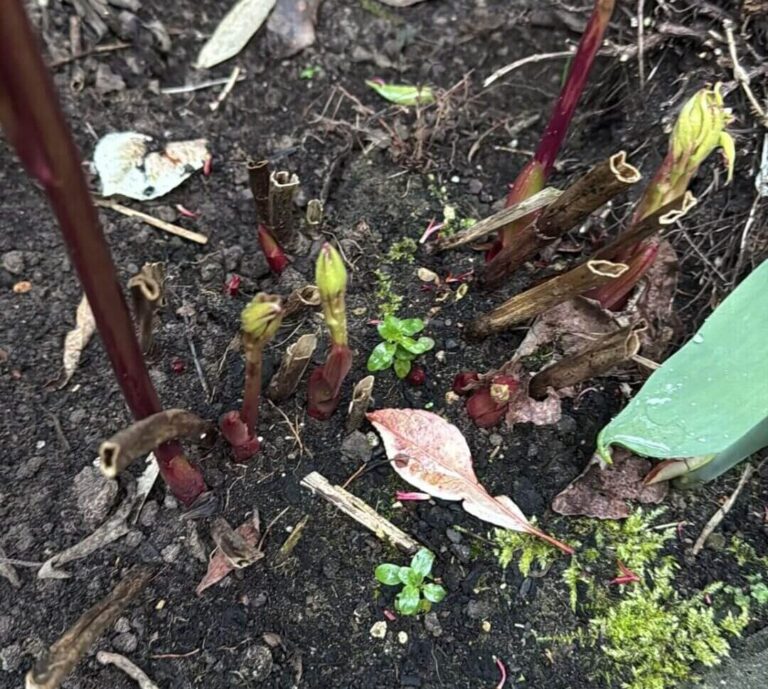As we are all aware, Japanese knotweed can cause stress for those who are looking to buy or sell a property. Therefore, it can become worrying when finding plants that look similar in your garden or within the garden of a property you want to buy. In this article, we will be discussing the most common species that are mistaken for Japanese knotweed.




